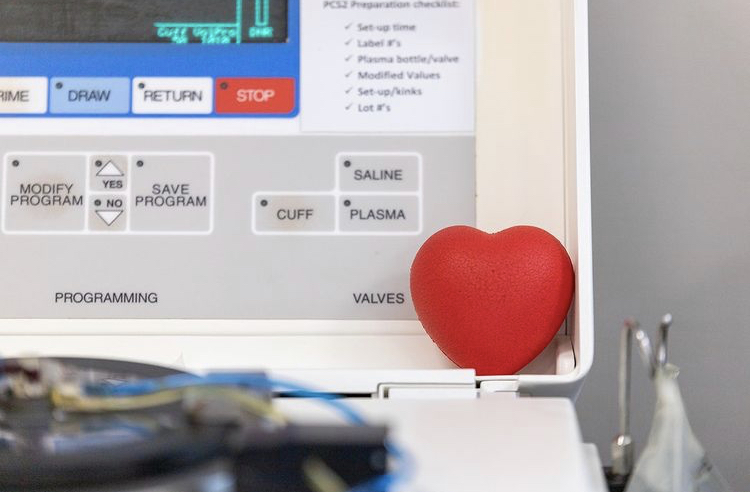

If a person is having difficulty controlling their blood sugar or keeping it within an acceptable range, they should not donate right away. The American Red Cross notes that people with diabetes are eligible to donate as long as they can keep their condition under control. In some cases, diabetes and its symptoms may affect a person’s ability to donate blood. Therefore, the authors recommend that people with type 2 diabetes wait at least 4 months between donations. While individuals can only donate blood every 56 days, some doctors will recommend a longer interval between donations for those with diabetes.Īnother 2017 study notes that blood donation may affect hemoglobin A1c (HbA1c) levels in a person with diabetes for at least 2 months after a whole blood donation.
#Are there requirements to donate plasma free#
being free from symptoms of sickness, including illnesses such as a cold or the flu.being over the age of 17 years in most states.In the U.S., individuals with diabetes still need to meet other criteria for donating blood, such as: For example, according to the United Kingdom’s National Health Service (NHS), people living with the condition who take insulin should not donate blood. However, other countries may have different standards regarding blood donation for diabetes. Additionally, people with both type 1 and type 2 diabetes can donate blood if their diabetes is under control. The National Institutes of Health (NIH) say that having diabetes should not affect a person’s ability to donate blood as long as they are feeling well. This means those who can control their diabetes by balancing their blood sugar levels with suitable treatments, such as insulin injections or oral diabetes medications, are eligible to donate.

In the United States, the Food and Drug Administration (FDA) is responsible for maintaining the safety of up to 11 million units of whole blood donations annually.Īccording to the FDA, a person with typical levels of hemoglobin can donate blood. Where can I give plasma? As a special device is required to collect plasma, you can only donate it at a donor centre (link in Dutch).Can a person donate blood if they have diabetes?.What happens when I give plasma? We've put together a step-by-step guide to what to expect when you give plasma.How long does it take? Plasma collection takes around 45 minutes.However, you must wait for 28 days after a blood donation before you can give plasma or platelets again (as opposed to 14 days). How often can I give plasma? You can give plasma every 14 days.Who? Complete our donor self-assessment test donor self-assessment test and find out immediately if you're eligible to donate plasma.Ready to give plasma? That's great news for lots of people! Plasma is also the building block for many life-saving medicines. Patients with blood-clotting disorders and new-born babies with severe jaundice also require plasma.

These substances are vital for effective blood clotting and for fighting viruses (micro-organisms).īy donating plasma you can help people who've lost a lot of blood due to a medical emergency. Plasma comprises 91.5% water and 8.5% dissolved substances such as proteins, sugars, fats, salts, hormones and vitamins. Approximately 55% of our blood is made up of a yellow liquid: plasma.


 0 kommentar(er)
0 kommentar(er)
